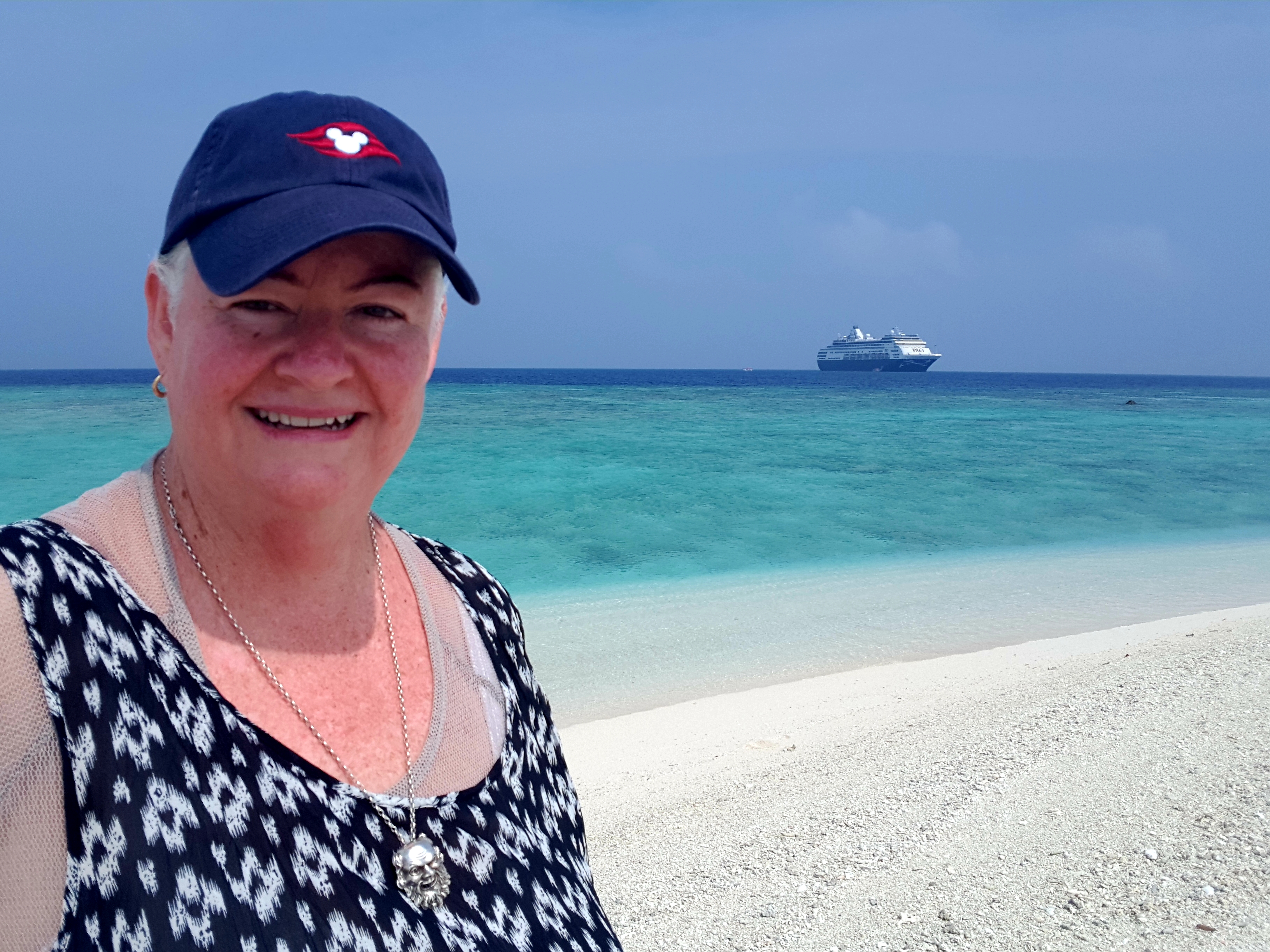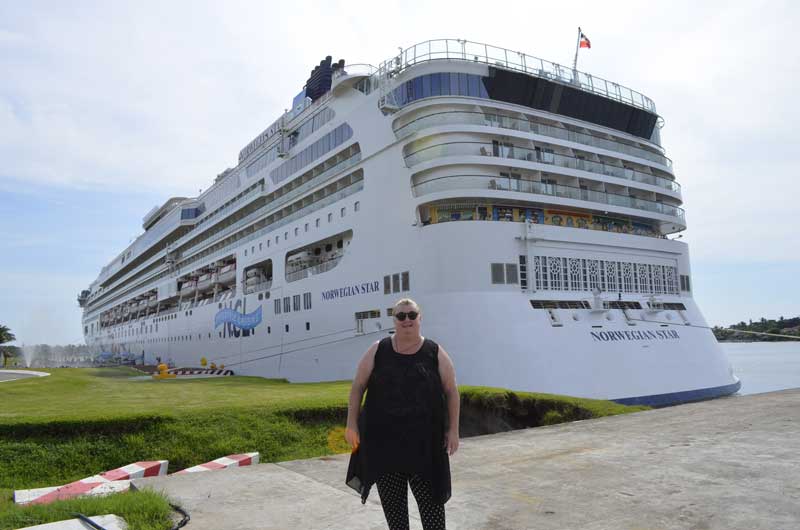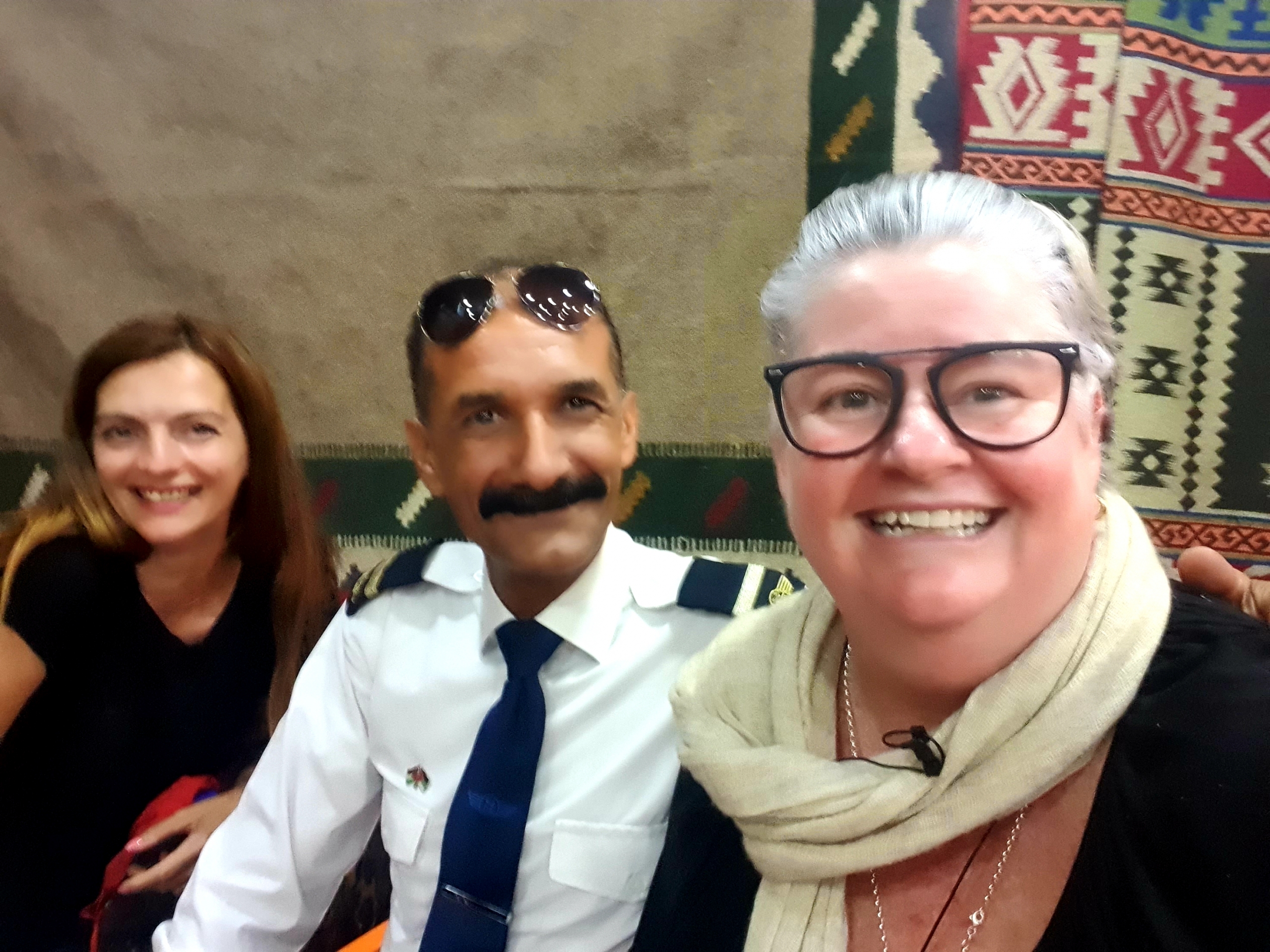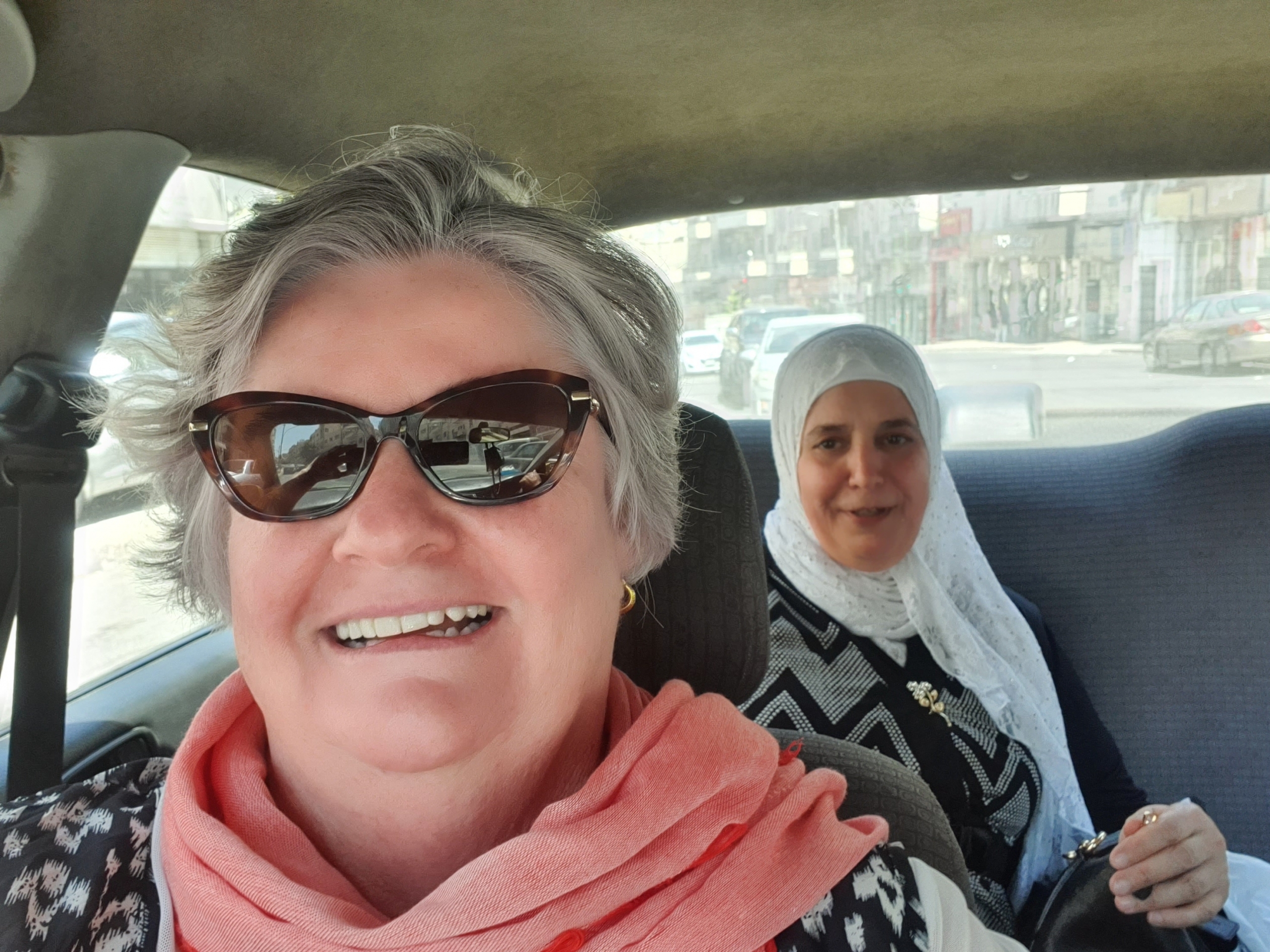Travelling with a disability via plane to the cruise
When booking your flights, travellers with disabilities may be required to complete medical clearance forms specific to that carrier. Travelling in airports requires plenty of focus and attention. At times, the level of activity at the airport or cruise terminal maybe distracting, overwhelming or difficult to understand especially for someone with dementia or cognitive conditions.
If getting to your cruise requires you to fly to or from the embarkation and disembarkation port here are a few brief tips for flying with a disability to keep the following in mind:
- Avoid scheduling flights that require tight connections. Ask if airport escort services can help you get from to your destination,
- Inform the airline and airport medical service department ahead of time of your needs to make sure they can help you. Most airlines will assist to accommodate your special needs,
- If appropriate, discreetly explain to airport employees, screeners and in-flight crew members that you are traveling with someone who has special needs such as dementia or mobility issues,
- Even if walking is not difficult, consider requesting a wheelchair so that an airport employee is assigned to help you get from place to place,
- Different airlines have different policies. Research the airline’s website for information,
- Notify airline staff well in advance, even at the time of booking, to be sure they can meet your needs,
- Call the airline the day before you flight to confirm plans,
- Allow yourself plenty of extra time for checking in, boarding and meeting connecting flights,
- Consider what you need will be if you have a stopover or long layover. You may need to make arrangement is you do not have access to your normal mobility aids,
- If you are travelling with a carer, they may be eligible for a discount ‘Companion Card’ from the airline.
When planning a holiday, allow yourself additional time to achieve the things that you wish to do. Building a time buffer into your schedule can reduce some of the stress associated with time pressured situations such as airline check-in. When booking flights consider factoring in additional time for transit and stopovers as you may require extra time to catch your connecting flights. It is always better to have additional time in a layover than the stress of a tight or missed connection. Most cruise companies and airlines have priority check-in and boarding for special needs guests.
On check-in, request assistance at your transit airport for connecting flights or just to get to the ground transport. Passengers requiring special assistance are often invited to board first on most flights, so you will have plenty of time to get settled before take-off. It may be likely you could be given priority at each stage, from check-in to security and potentially bypassing lengthy customs and immigration lines.
Plane accessibility
To access planes in around the world varies and not all flights board via an aerobridge. If you require lift assistance because you are unable to manage steps, inquire of the airline in advance if this is a service they offer. Some international budget airlines may charge a fee for this kind of service. You will observe that people requiring assistance are the first boarded and the last to disembark the aircraft.
If you have limited mobility you may be offered a collapsible narrow wheelchair when boarding or disembarking the plane. Some airlines such as Virgin and Qantas may offer a service between major Australian cities, which offers an electric hoist, where smaller airlines such as Jetstar may only provide a ‘slide board’ support.
If you require additional legroom or want to be close to the bathroom when flying, most airlines will reserve your preferred seat at no extra charge.
Most aircraft have various seats sized from being more spacious to having movable armrests, choosing one of these may improve access and comfort in the seat. However, remember the larger seats with more legroom in an exit row is not an option due to safety restrictions. Disability appropriate seating can be usually found at the entry points of the aircraft, at the beginning of a cabin class, or an aisle seat with adjustable armrests. So by choosing your seat prior to check-in will give you extra peace of mind. Staff can also make arrangements for your carer or assistance dog for example, to be within easy reach.
When travelling by plane you will find that smaller mobility aids such as crutches, canes, and collapsible walking frames can easily be stowed in the aircraft cabin. When it comes to using wheelchairs and motorized scooters it can be more challenging. As there is limited room, there may be some restrictions for larger mobility equipment in the aircraft cabin. Airlines will offer you the option of checking your wheelchair in with your baggage and using an airport wheelchair. If you are taking your own chair all the way to boarding, it can then be stowed in the aircraft hold to be collected upon arrival. Keep in mind airport wheelchairs are subject to availability and may not suit your needs.
For safety reasons, all motorized equipment must have all batteries disconnected and the connections taped and covered. This ensures they do not accidentally turn on during the flight or run the risk of short circuiting and causing a fire. It is advisable to check, though most airlines don’t usually charge excess baggage fees for checking in mobility equipment. Remember to always label your mobility aids and personal belongings. If your mobility restricts you from manoeuvring yourself into the airline seat, trained flight attends may be able to assist you with the use of a slide board. To make arrangements to discuss which seating options may best suit your needs, contact your travel agent or the dedicated Special Assistance Team of the airline you are travelling on. Another consideration when travelling with mobility aids is having information about your equipment with you if you need to troubleshoot an issue.
Though not an exhaustive list of things to consider it does give you a place to start. There is no reason you cannot enjoy a cruise holiday. All it require is a little more forethought and preplanning.
Time to pack your bags and book that cruise. Happy cruising.







